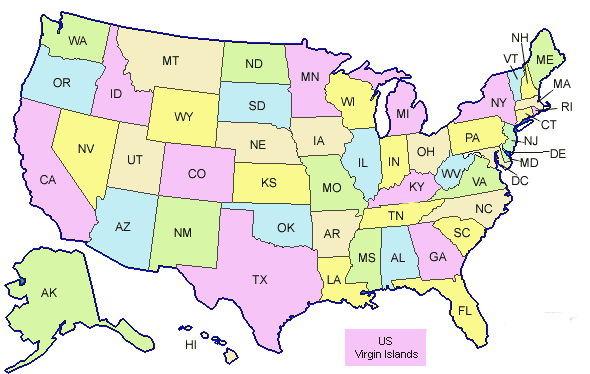Kentucky Financial Plans, Medicaid, IV-E, Daycare, Payments
Financial Plans
Kentucky permits a child in the legal custody of a Sending State to apply for and receive the following state administered assistance/benefits in Kentucky as the Receiving State:
- Medicaid
- TANF Child Only
- TANF–Family
- Kin-Guardianship - State
As the Sending state, the following are considered as a viable financial/medical plan when making interstate placements:
- Applying for TANF - (Family Income Based)
- Applying for TANF - Child Only
- Title IV-E Foster Care
- Title IV-E Adoption Assistance
- Sending State Adoption Assistance
- Medicaid
- Sending State’s Coverage for Medical Assistance
As the Receiving state, the following are considered a viable financial/medical plan when receiving interstate placements:
- Applying for TANF - (Family Income Based)
- Applying for TANF - Child Only
- Title IV-E Foster Care
- Title IV-E Adoption Assistance
- Sending State Adoption Assistance
- Kin-Guardianship - State
- Medicaid
- Sending State’s Coverage for Medical Assistance
Medicaid/Medical Assistance Coverage, Benefits and Services
Kentucky will ensure medical coverage benefits and services can be received through benefits, programs and providers in the Receiving State before placing a child across state lines:
Medicaid
The receiving state is responsible for the Medicaid benefits of children eligible under Title IV-E. Otherwise, the responsibility is with the sending state (see Foster Care Payments):
Waiting Period for Medicaid Benefits
Waiting period to apply for benefit assistance:
Waiting period to receive benefits for a child who is under the legal custody/legal jurisdiction of the sending state:
State Medical Insurance/Coverage
As the Sending State, Kentucky will provide medical coverage if the child is NOT IV-E eligible:
As the Sending State, Kentucky will permit Placement Resources to apply for medical benefits in the Receiving State or use their personal insurance:
Payments Made
TANF Payments:
Adoption assistance payments begin:
- At the time the child is placed.
Foster Care Payments:
Special Education Payments:
Daycare Payments:
Childcare services for working resource home parents will be provided. Relative caregivers may apply for income based child care assistance.
Kinship Program
The kinship care program is an alternative to foster care for a child who has been determined abused or neglected by the Cabinet within one hundred twenty (120) days of the Cabinet's placing the child with the caretaker relative, or is dependent due to the death of both parents and subsequently has been placed by the Cabinet with a caretaker relative. The kinship care program and related benefits are only provided to those who meet eligibility requirements contained within the corresponding administrative regulation, 922 KAR 1:130; thus, the kinship care program is not an entitlement program.
Staff must maintain an open case until the child reunifies with parents or permanent custody is pursued. The child's placement with the caretaker relative ideally leads to a more timely and permanent living arrangement and causes less distress for the child. A timeframe for the pursuit of permanency by the kinship caregiver has been established for both current and future kinship caregivers.
The kinship care program was designed to utilize Temporary Assistance for Needy Families Block Grant (TANF) funding. Because TANF funding is utilized, the kinship care program requires, at minimum, the collaboration of DCBS staff dedicated to child welfare, as well as, Kentucky Transitional Assistance Program (K-TAP) benefits.
Title IV-E
MEDICAID - The receiving state is responsible for the Medicaid benefits of children eligible under Title IV-E. Otherwise, the responsibility is with the sending state (see Foster Care Payments):
Title IV-E documentation/verification required:
- Yes: no information provided
